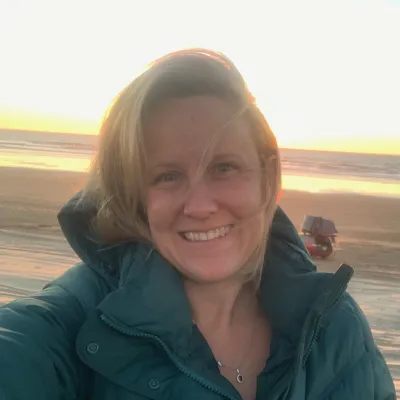
Jennifer Alford
Contact
Bio
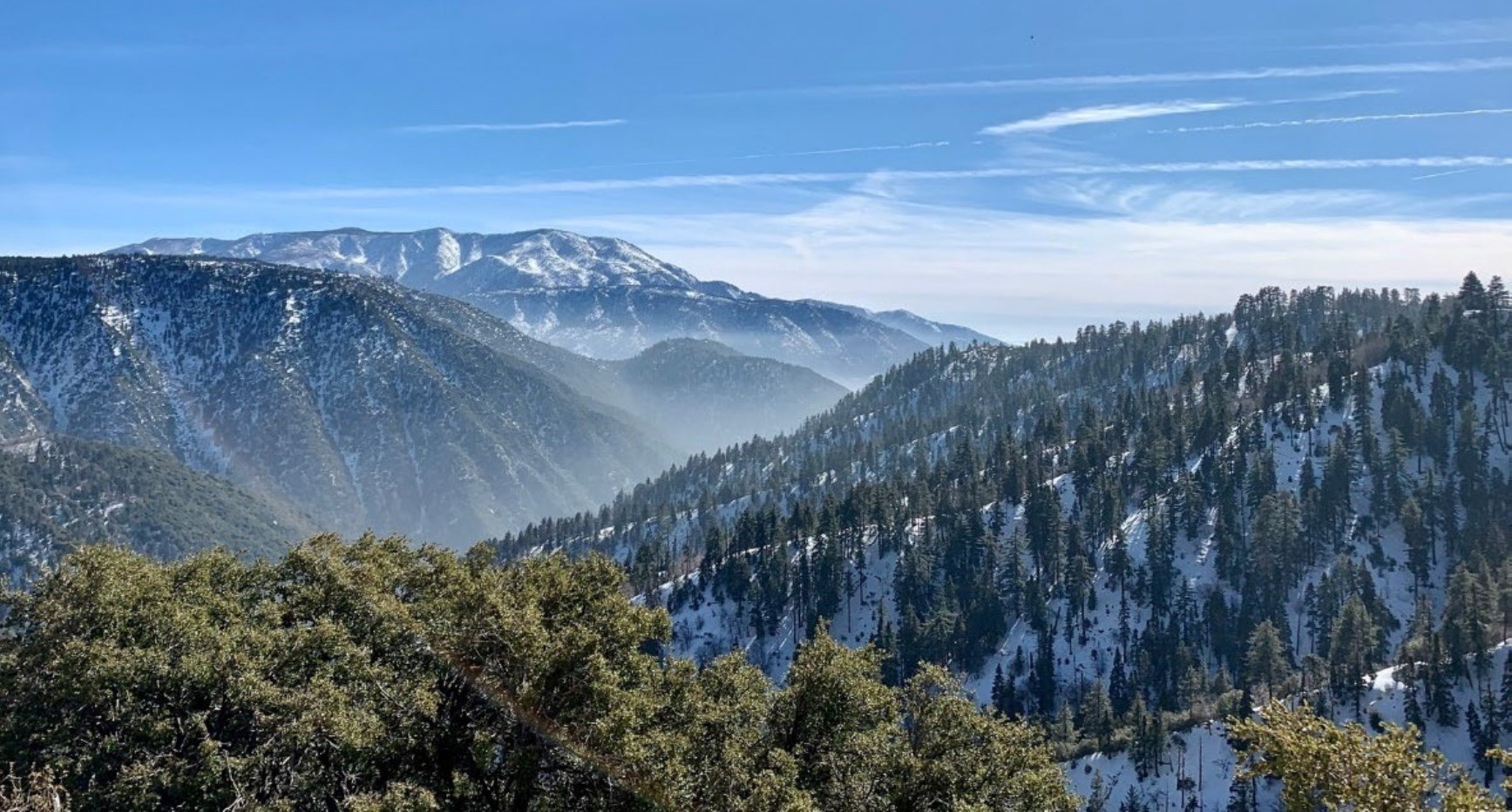
San Bernardino National Forest
Dr. Jennifer Braswell Alford
Director, CSUSB Institute for Watershed Resiliency (IWR)
Associate Director of Research, CSU WATER
Associate Professor, Geography and Environmental Studies
California Environmental Education Certification
5500 University Parkway, San Bernardino, CA 92407
Email jennifer.alford@csusb.edu
Bridging Classroom Learning with Real-World Applications
Most of my work, teaching, research and service occurs in the community. I strongly feel that acquiring unique and impactful experiences for students is the best way for them to realize their dreams. My courses are often outdoors and learning knowledge is shared with local organizations and communities to support more adaptive, innovative and realistic approaches to resolving the complex natural resource conservation and management challenges in the Inland Empire. Essential to this is valuing and elevating partnerships, student experiences and community relationships to build collaborations and professional development opportunities for CUSSB students. A majority of my work is located in the Inland Empire with research and teaching sites focused on the San Bernardino National Forest.
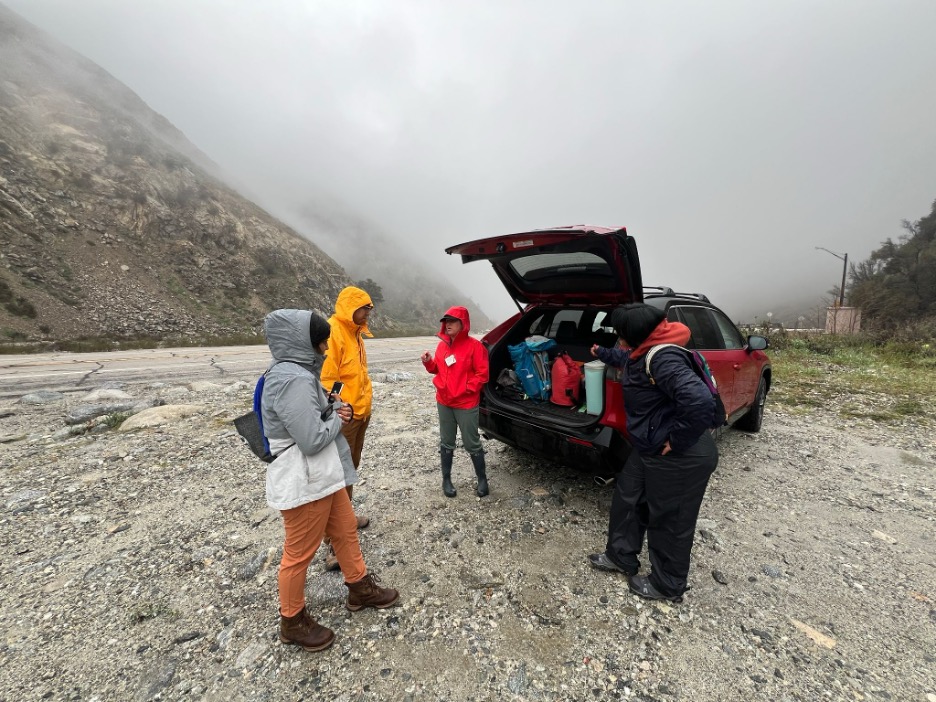
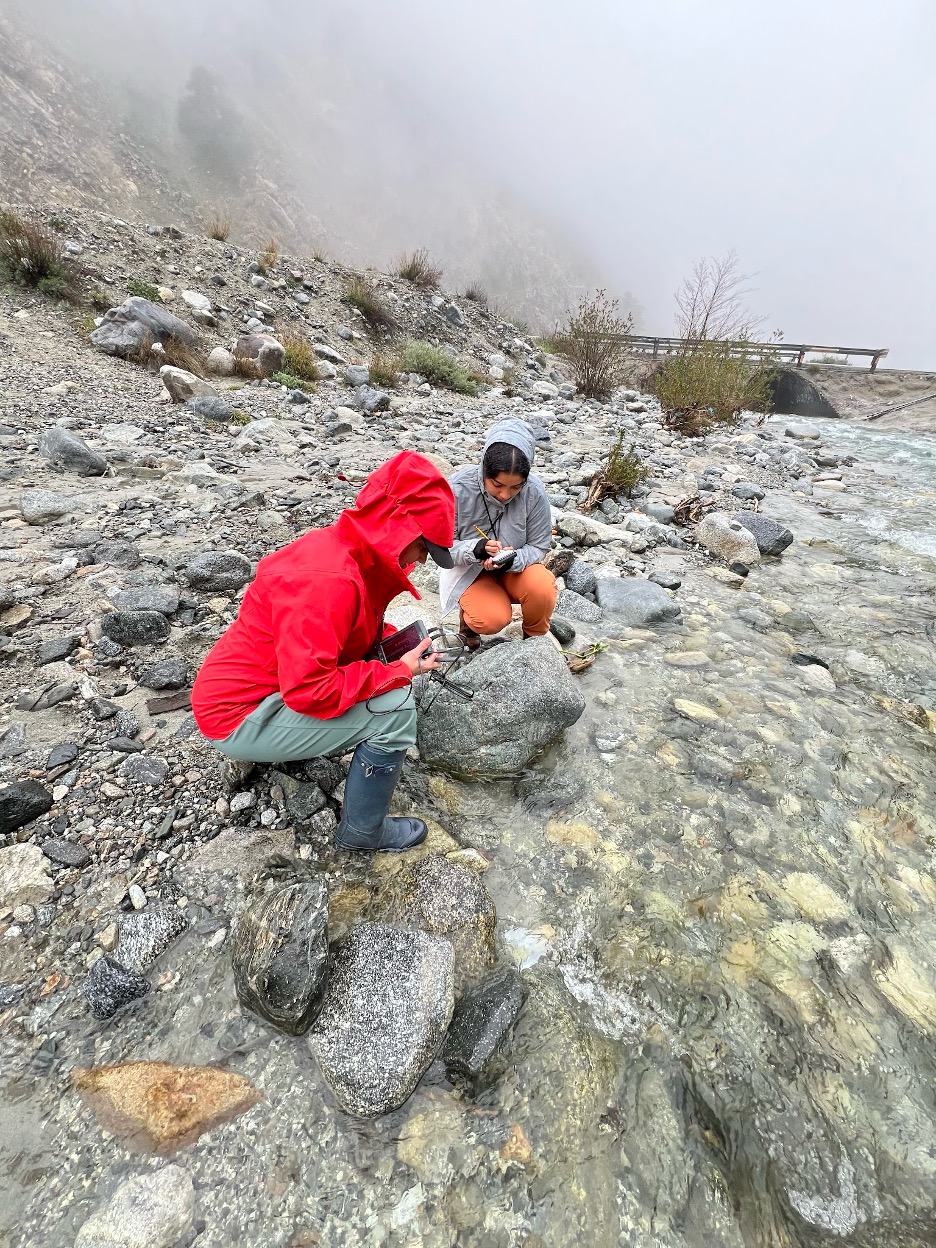
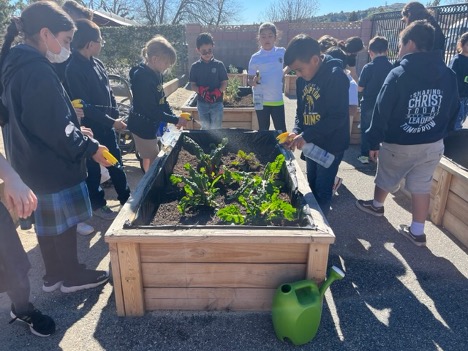
"I thrive on my community partnerships and engagement which is essential to informing and supporting my teaching, community service and research."
Community Partnerships are always growing and include:
California State University, Northridge, Center for Geospatial Science and Technology
Headwaters Resiliency Partnership
San Bernardino Valley Municipal Water District
Mojave Water Agency
Save Our Mountains Association, San Bernardino National Forests
Southern California Mountains Foundation
Transitional Habitat Conservancy
San Bernardino Mountains Group, Sierra Club
United States Forest Service
San Bernardino County, Regional Parks
Rivers & Lands Conservancy
San Bernardino Valley Water Conservation District
Inland Empire Resources Conservation District
CSUSB Institute for Watershed Resiliency
As the Director of the CSUSB IWR, I develop partnerships, professional programs and seek financial resources to support students learning from the first day they arrive at CSUSB.
For more information about the IWR and our student workforce development fellowship and the FLOWS field school, please visit: https://www.csusb.edu/institute-watershed-resiliency
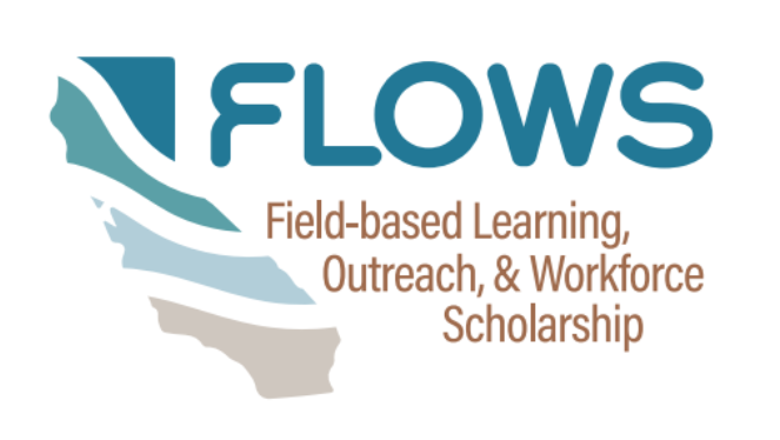
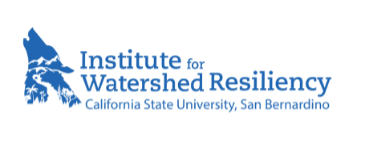
CSU-WATER
(Water Advocacy Towards Education & Research)
Under the guidance of the CSU Office of the Chancellor and the Executive Director of CSU WATER, I serve as the Associate Director of Research for CUS WATER. The California State University is helping change the way California manages water. Founded in 2008 and composed of more than 250 water experts from throughout its 23 campuses, CSU-WATER, Water Advocacy Towards Education and Research (WATER) is developing water management solutions through research, partnerships, education and training that provides students with hands-on learning. To learn more about faculty, student and community resources, workforce development and collaborations, please visit https://www.calstate.edu/impact-of-the-csu/research/water
Professional Experiences:
District Director, New Hanover Soil and Water Conservation District (Coastal North Carolina) (Spring 2008-Summer 2010)
Volunteer/Sustainability Coordinator, Department of Environment and Natural Resources (DENR): North Carolina Aquarium at Fort Fisher (Fall 2007-Spring 2008)
Environmental Education Coordinator, the University of North Carolina at Greensboro, Department of Waste Reduction and Recycling; Office of Sustainability (Fall 2005 – Fall 2007)
Ongoing Projects & Recent Publications
WaterTalks

https://watertalksca.org
WaterTalks is a public program designed to generate and increase community involvement in planning a sustainable water future for California. Throughout its operation from 2018-2023, the program’s goal was to explore the strengths and opportunities of 128 communities in Los Angeles and Ventura counties facing ongoing economic and environmental distress, and to gather input to prioritize and recommend water-related projects based on issues of greatest concern.
Publications & Student Thesis
https://scholarworks.lib.csusb.edu/do/search/?q=alford&start=0&context=20740580&facet=
https://www.csusb.edu/student-research/resources/research-and-creative-activity-opportunities-database/search-our
Dr. Jennifer B. Alford is an Assistant Professor in the Department of Geography and Environmental Studies at CSUSB. She grew up along the North Carolina coast where she developed a passion for conserving the unique natural resources and ecosystems of the Southeastern United States. Prior to joining the faculty at CSUSB, her endeavors included teaching at small liberal arts colleges and large regional universities, developing public-private partnerships, and working with stakeholders to implement comprehensive environmental programs and policies. In her free time, Dr. Alford enjoys spending time outdoors with her family and traveling domestically and abroad.
Education
B.A. Political Science, International Politics (Environmental Policy Focus) North Carolina State University 2003
M.A. Liberal Studies (Environmental Conservation and Sustainable Tourism Focus) The University of North Carolina at Greensboro 2005
Ph.D. Geography (Land Use and Water Quality Focus) The University of North Carolina at Greensboro 2014
North Carolina Environmental Education Certification 2007
California Environmental Education Certification (in progress) 2020-2021


Courses/Teaching
GEOG 4250. Watershed Hydrology and Management, GEOG 4651. Coastal Resources Management, GEOG 4710. Water Wars, GEOG 3501 Environmental Sustainability, GEOG 1070 Environmental Studies Orientation Seminar, GEOG 2000. Environment and Society, GEOG 2040. Water in the West, GEOG 3004. Field Methods in Geography, GEOG 3520. Environmental Inquiry and Education, GEOG 3605. Geography in the Elementary and Middle School Classroom, GEOG 3701. Environmental Policy and Impact Assessment, GEOG 5551. Laboratory Experience, GEOG 5651. Field Experience
Research and Teaching Interests
Dr. Jennifer B. Alford is an Associate Professor in the Department of Geography and Environmental Studies and the Director of the Institute for Watershed Resiliency at CSUSB. She is also serves as Associate Director for Research for the CSU WATER Affinity group and the Headwaters Residency Partnership, a collaborative between multiple agencies including the US Forest Service, San Bernardino Municipal Water District and many others. Her teaching focuses on hydrology related to water quality, environmental sustainability, policy, environmental education and community engagement. Her courses often incorporate high impact practices including service based learning, community based research, environmental education and partnering with numerous community organizations so students can gain real-world experiences while completing courses. Her community partners include non-profit and government organizations across the San Bernardino National Forests, San Bernardino Valley Municipal Water District among many other community partnerships.
Dr. Alford's research centers on monitoring and protecting surface water resources at the river basin and headwater stream watersheds scales across the Cape Fear River Basin in North Carolina and across the San Bernardino National Forest (SBNF) in Southern California. She currently monitors 20 sites across the SBNF for over 10 water quality metrics and is working with graduate students to develop an online mapping tool that displays water quality data to educate the community and to protect public and ecological health. She also collaborates with local, regional and state wide organizations to enhance environmental education opportunities for the public and K-12 settings across the Southern California region with current focus on the San Bernardino National Forest.
Environmental studies, education, policy and community engagement plays a vital role in Dr. Alford's teaching, research and service endeavors. For example, understanding how water quality changes within a river basin or along a stream is vital to identifying pollution inputs and developing strategies to mitigate harmful impacts to water resources. Although this knowledge can be applied using GIS technology, it is the field data collection and experiences that are most impactful to understanding the spatial and temporal characteristics of water quality. As a result, Dr. Alford often includes students in her research endeavors so that they can learn to appreciate the value of embracing interdisciplinary approached to resolve real-world issues.